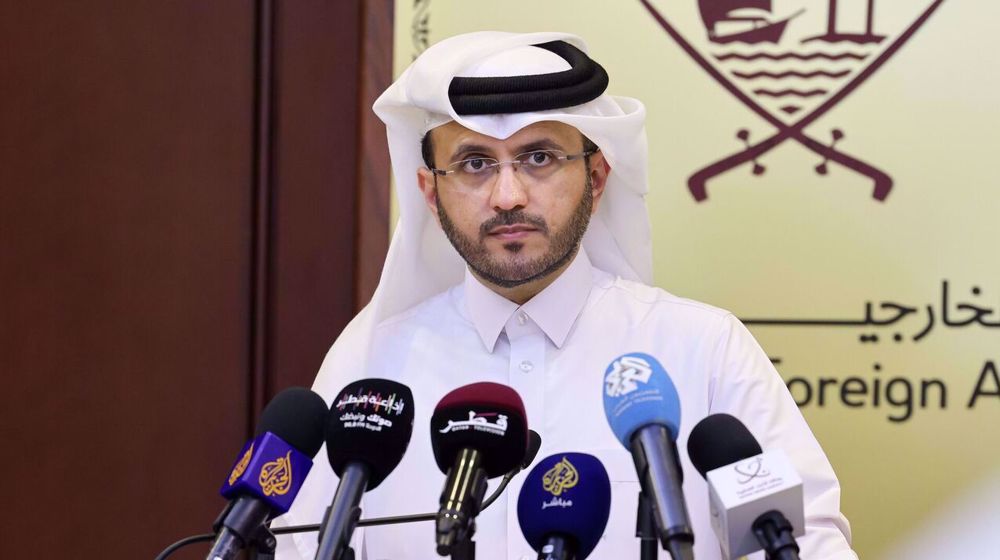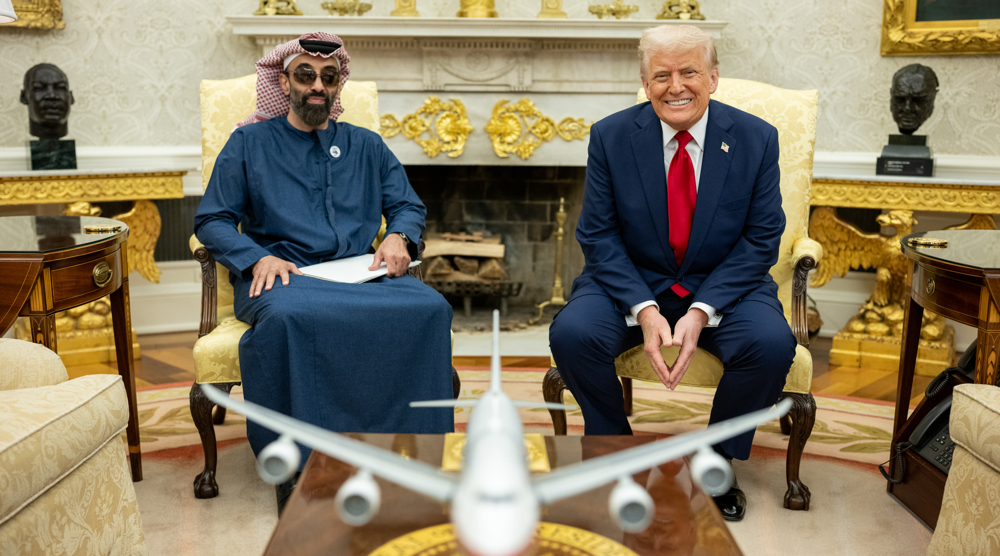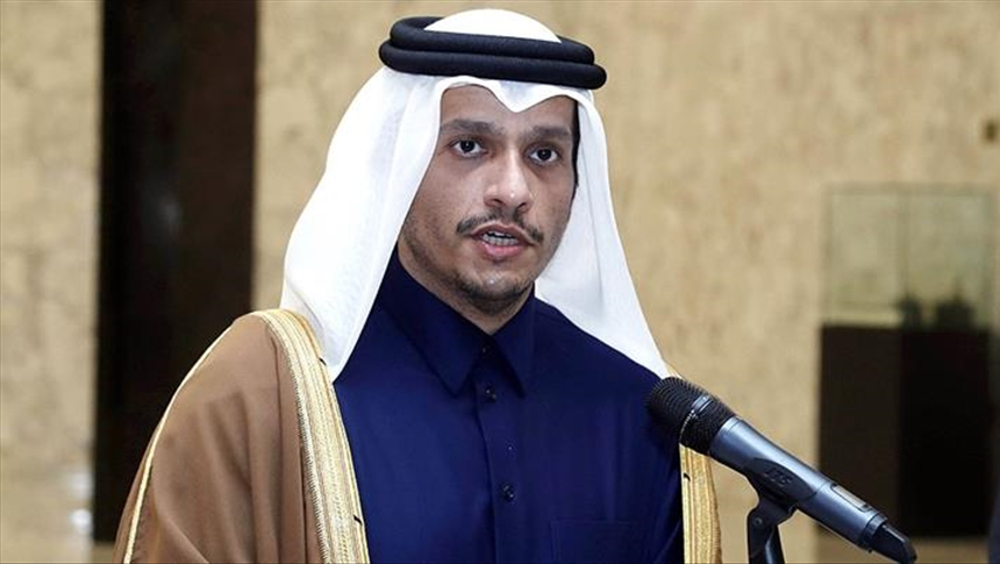Refugee workers remain unpaid in Qatar
Qatar has once again faced criticism over the way it deals with refugee workers, with reports saying a significant number of laborers, mostly from India, have gone unpaid for months.
Sources from the Indian community living in Qatar said Tuesday that a staff of about 400 working for an electrical company in the country had not received wages for the past several months.
“Around 300 to 400 people have not been paid,” said Arvin Patil of the Indian Community Benevolent Forum, adding that workers from other refugee groups also remained unpaid by the firm, which is based in Abu Dhabi, the United Arab Emirates.
Patil said workers were planning to meet the Indian ambassador to Doha to discuss the issue, although he said the Indian government had no resources to compensate the workers.
“We could give money if there were one or two people, but 300 minimum is very, very difficult. We are interested in helping these people,” he said.
Thousands of refugees working in the stadiums that Qatar plans to build for World Cup 2022 are harshly treated and many of them remain unpaid months after being recruited.
Doha introduced the Wage Protection System (WPS) last November to ensure that wages were paid electronically. Under the new system, employers that do not comply with the law face fines or imprisonment.
The Arab country is home to the largest single group of Indian expatriates as some 545,000 Indians, most of them workers, live in the country of 2.5 million people.
India had previously hailed Qatar’s disciplined system of pay to expatriates, with a senior Indian embassy staffer saying in July that the mission faced almost no call for helping stranded laborers after losing their jobs. He said such a problem, which happened elsewhere in the region, did not exist in Qatar.
However, a sharp fall in the price of oil and gas has forced the Qatari government to tighten its belts as it faces an estimated budget deficit of more than 12 billion in 2016, its first in 15 years. Doha says more deficit would come in 2017 and 2018.
Iran, US to hold nuclear talks in Muscat on Friday: FM
UN experts decry Israeli bill allowing execution of Palestinians
Epstein–Barak recording exposes multimillion-dollar fees paid to Tony Blair
UK Palestine Action activists acquitted of burglary in Elbit factory raid
Oman to broker fresh round of Iran-US talks on February 6: Reports
VIDEO | Iran unveils space technology milestones
Israel to shut water, electricity at UNRWA facilities in occupied territories
Ex-Israeli minister calls for safe shelters as Tel Aviv pushes for war on Iran











 This makes it easy to access the Press TV website
This makes it easy to access the Press TV website